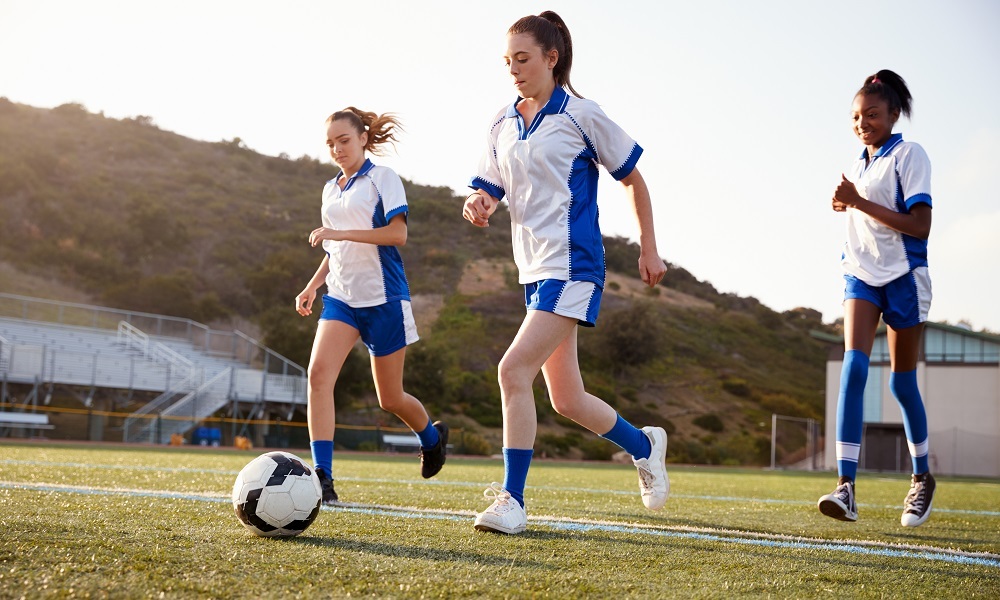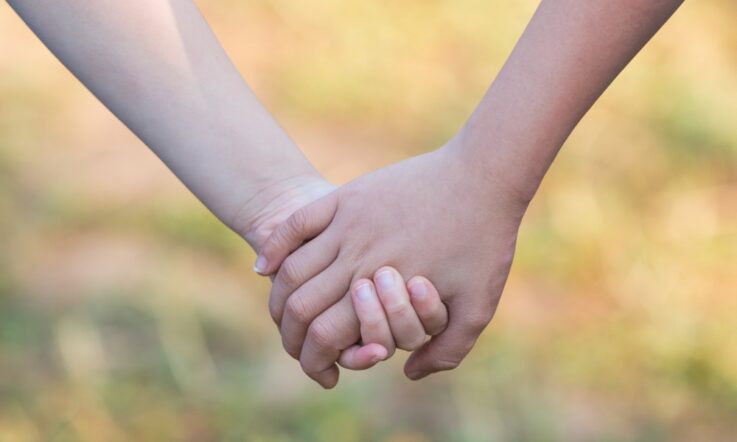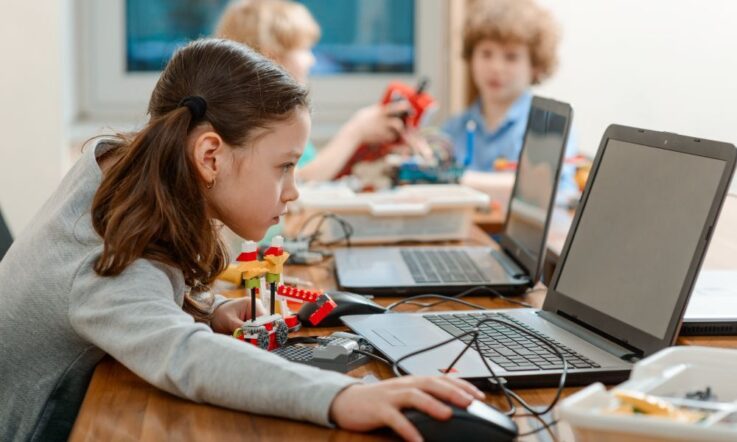Welcome to this month's edition of Researching education: 5 further readings. In this series, we take a look at some further readings available on a particular topic, including open access research papers from various online databases, and Teacher archive content you might not have come across yet.
As a physical education teacher, how have you navigated the new challenges brought on during periods of online learning over the past few years? How do you support your students in developing physical literacy? In this edition of Researching education: 5 further readings, we’re sharing 5 readings on the topic of children and young people’s physical education from researchers based in Australia and overseas.
- 2022 Active Healthy Kids Australia report card on physical activity for children and young people. Since 2014, Active Healthy Kids Australia has published a Report Card on the physical activity of Australian children and young people from birth to 17 years old. Since its inception, overall physical activity levels have scored a D-, and this year’s report card is consistent again. The theme of this year’s Report Card is ‘REBOOT!’ – exploring the indicators for physical activity across different categories, how we can improve, and the new opportunities presented by COVID-19.
- ‘Just do some physical activity’: Exploring experiences of teaching physical education online during Covid-19. This journal article explores teacher experiences of delivering fully-online Physical Education (PE) during as schools moved to online teaching during the pandemic. Through structured interviews with primary school PE teachers, the researchers found that in most cases, PE was replaced with the provision of physical activity and movement breaks between classes. This article explores the related concerns of teachers and the implications for PE more broadly. In case you missed it, we spoke with the lead author of this article for an episode in our Teaching Methods podcast series last year. Catch up on the episode here.
- Developing children’s physical literacy: How well prepared are prospective teachers? Researchers from Curtin University in Western Australia have assessed the preparedness of pre-service teachers to develop children’s physical literacy, including the physiological, social, cultural, expressive and cognitive psychological aspects of their learning. The study included a mixed methods analysis of Bachelor of Education courses at 12 Australian universities, a content analysis of their units, a review of 227 students’ records, and an online survey of 57 pre-service teachers.
- Children's participation in organised physical activity outside of school hours. Funded by the Australian Sports Commission, the AusPlay Survey is an annual, nation-wide survey which collects data on the participation of children under the age of 15 in organised physical activities outside of school hours. The report breaks down the findings through a range of categories such as age, gender and demographics, and compares these findings with international data.
- Making every school a health-promoting school: Global standards and indicators. This publication from UNESCO is based on an extensive review of health-promoting school policies from 91 countries. The paper looks at the 8 global standards developed by WHO and UNESCO as part of an initiative to ‘make every school a health-promoting school’. The paper comprises 4 parts: a rationale for whole-school approaches to wellbeing, a review of the 8 global standards, unpacking the rationale and aim of each standard, and suggested indicators of the components for each standard.
Some of the resources featured in this article can be found through Cunningham Library Catalogue and EdResearch Online. At the links below, you can search for more resources on the topic of children and young people’s physical education in these 2 online databases.
- Physical activity: Cunningham Library Catalogue
- Physical activity: EdResearch Online
You can also browse other topics at this page.
The Cunningham Library membership is open to individuals, schools and organisations. Membership includes access to a comprehensive collection of education research literature; weekday alerts to a selection of Australian education news; fast supply of articles and books from the collection; support in finding research; and an integrated online search tool that works across all our resources.
To become a library member, visit the website.



